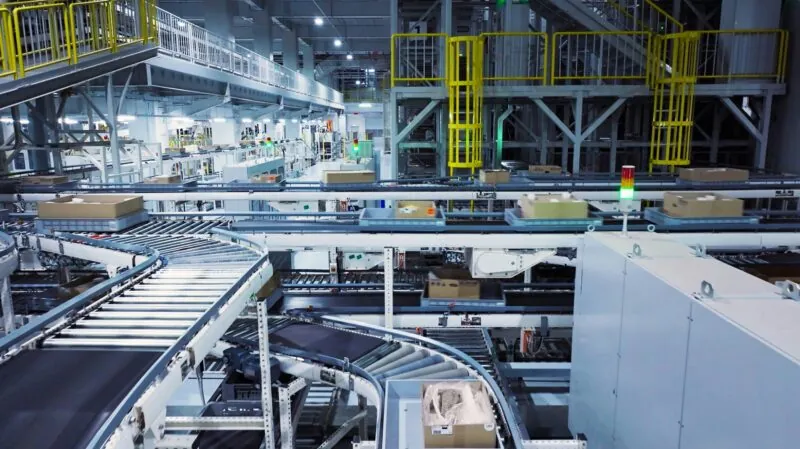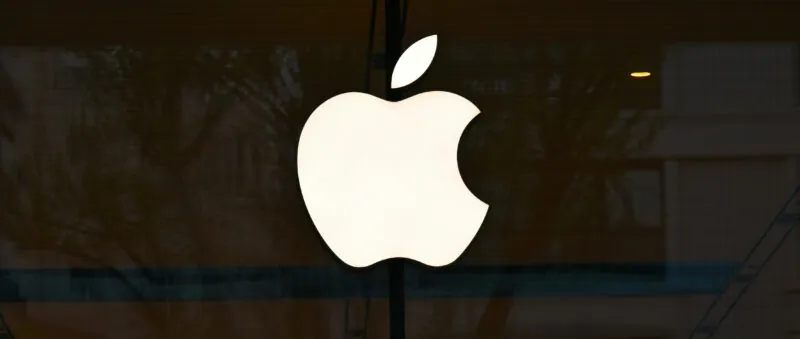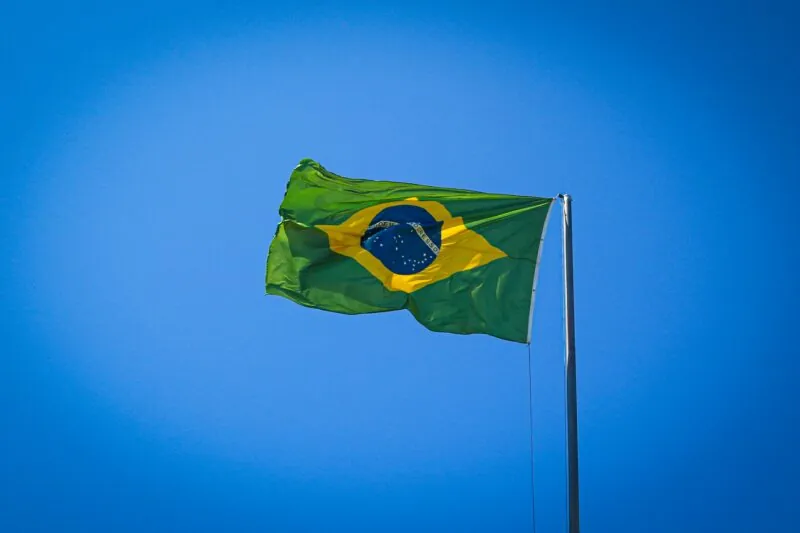It’s been rumoured for more than a year that Starbucks was looking to sell part of its China business. In July, the company finally confirmed it was ‘exploring strategic options.’ Now, according to Reuters, the Starbucks China sale is nearing its final stages. Expected close dates come as soon as the end of October, though insiders say the timeline could still shift.
This isn’t an exit, but a recalibration. Starbucks plans to bring in investors, while keeping what it calls a ‘meaningful minority stake.’ The exact number is still under wraps. Reuters reports that a controlling interest is on offer. The Financial Times suggests Starbucks’ China sale may still allow the company to retain a stake of up to 49%. Some outlets have floated 30%, but that’s speculative at best.
So, who’s buying Starbucks’ China?

Four investors are said to be in the final round of the Starbucks China sale:
Boyu Capital – a Hong Kong–based private equity firm best known for its part in Alibaba’s share buyback and China Duty Free deals, and more recently a stake in Beijing’s SKP luxury mall.
EQT – the Swedish buyout group expanding steadily across Asia, now eyeing China’s caffeine economy.
The Carlyle Group – remembered in China for its role in the 2017 McDonald’s sale that handed 80% of the business to a consortium including Citic and Carlyle itself.
HongShan Capital (formerly Sequoia China) – a surprise entry, fresh off acquiring UK amplifier brand Marshall, signalling a tilt toward global consumer assets.
The deal reportedly values Starbucks China at around US $5 billion.
Why sell?
The bean counters aren’t happy. After half a decade of uneven growth, Starbucks’ China story has lost some fizz. Between 2019 and 2024, revenue flatlined between US $2.6 billion and US $3.6 billion, while its market share slid from 34% to roughly 14%.
The slowdown tracks a broader shift in China’s beverage scene. Luckin and Cotti Coffee are flooding the market with low-cost brews; milk-tea chains keep redefining ‘affordable indulgence.’ Starbucks even trimmed prices this year – a rare concession for a brand that once sold aspiration by the cup. If the sale closes as expected, Starbucks will secure fresh capital and local partners while steering clear of China’s bruising platform wars. For Starbucks it’s a pragmatic move, for the market it’s a significant one: the brand that once taught China to queue up for coffee now has to get to the back of the line.









